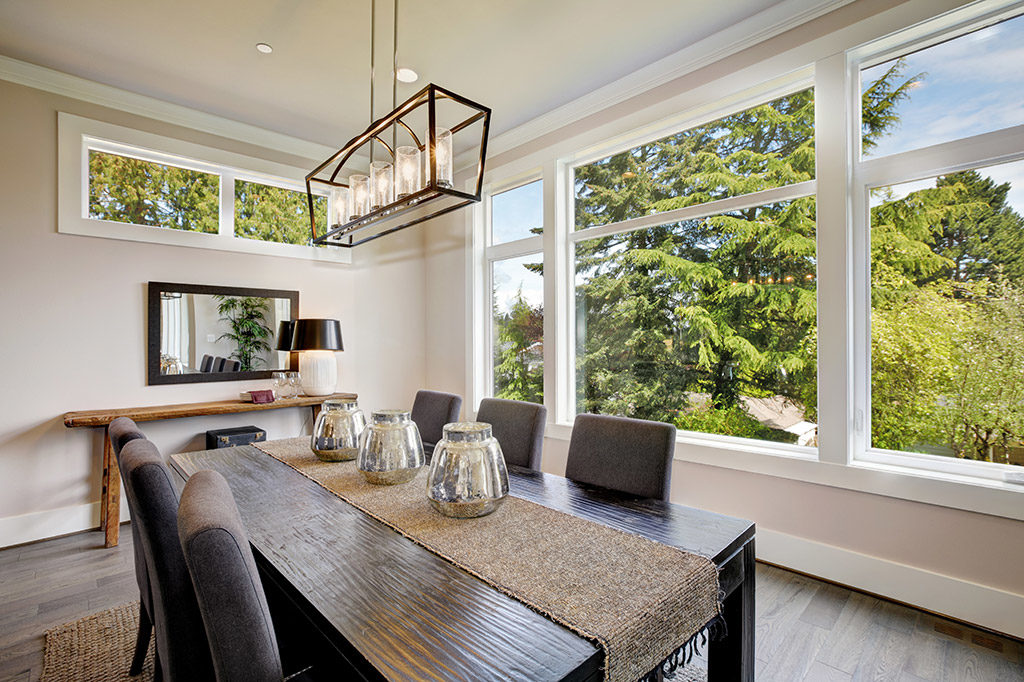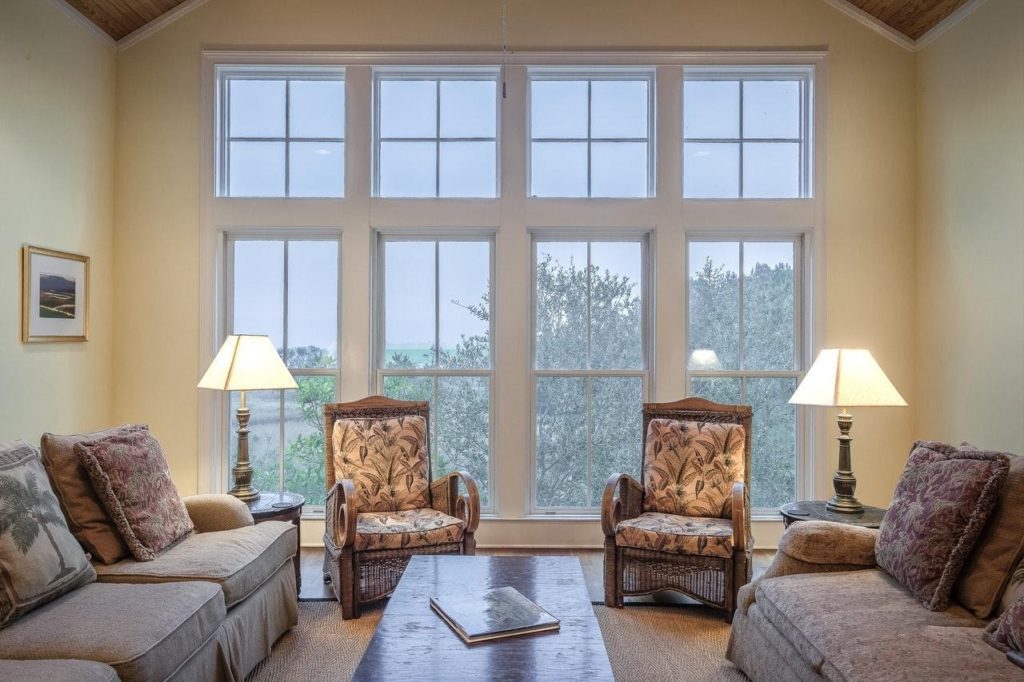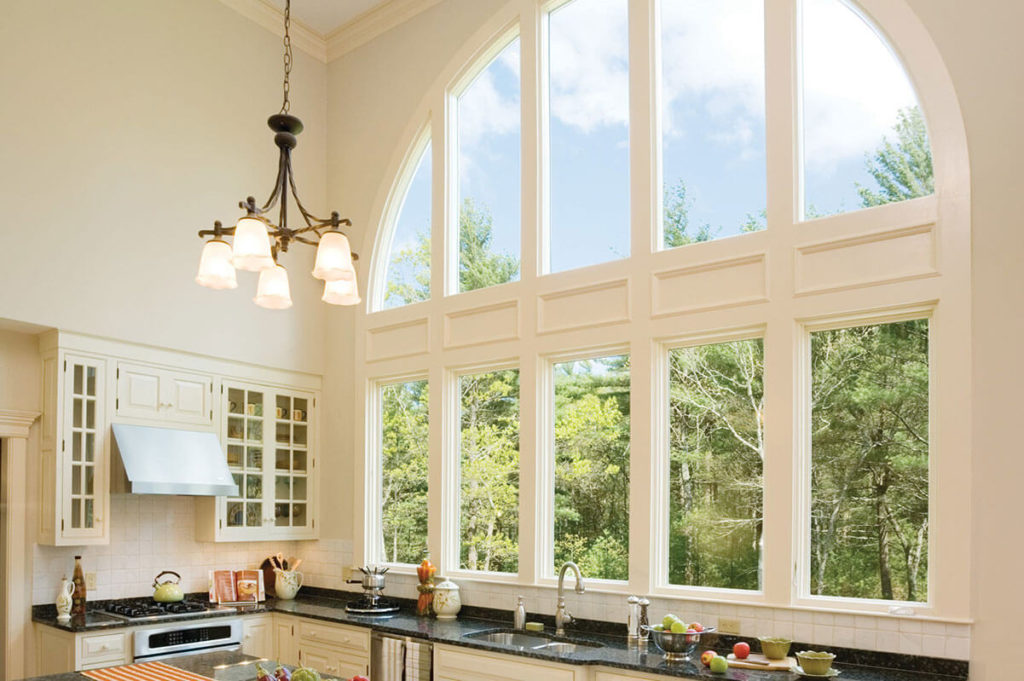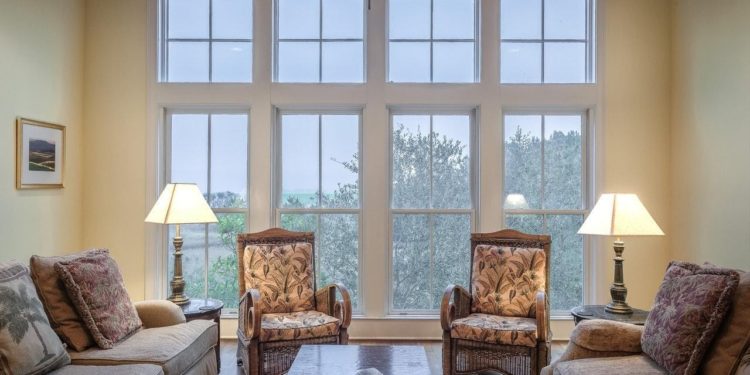Do you know how old your window units are? There are a number of reasons why someone might be considering replacing their windows, but one of the biggest is because newer models are much more energy-efficient.
In fact, a newer model window that is ENERGY STAR® certified is up to 89% more efficient than a standard unit. This is because they are designed and manufactured to prevent air leaks that would force your furnace or AC to work overtime to heat or cool your home. Not only is this great for the environment, but you could also save up to an average of 45% on your energy bill.
People scoping the market for a new home are always interested to hear that the property has new window units that are energy-efficient. Everyone wants to save money and know that their home is protected from the elements and moisture that can cause rot and mould growth.
But there are also other reasons – perhaps your windows are old, rotting, warped, or not secure. Or maybe you’d simply like to replace them so that your home looks more modern and stylish. In either case, there are some important factors that you should consider whenever taking on a window replacement project.

Top Window Considerations
The experts at Golden Windows recommend considering the following before purchasing new windows:
- Budget: How much you are willing to spend.
- Design: What the current style of your home is and choosing new windows that will match.
- Practicality: Considering which one is best suited for certain areas in your home. For example, casement windows are best used in kitchens where maximum airflow is preferred. Alternatively, picture ones do not open and are better suited for living rooms where you can get a wide and lovely view of the outside.
- Energy-efficiency: Finding the best energy-efficient products that will help you reduce your carbon footprint as well as help you save money.
Budget considerations will directly affect every other factor. You should definitely make sure that your money goes towards quality, energy-efficient windows above all else. Top-quality units can last you 20 years or more and typically come with a warranty that lasts that long as well.
You don’t want to cheap out when it comes to your windows. Always go with a professional company that has a solid reputation, great reviews, and who can tell you where their products are designed and manufactured. If they do their own work, that’s a huge bonus, because it means that they will not only take responsibility for their installation services but for their products as well.

When looking for quality windows, check that they have the ENERGY STAR sticker and that they have these values that rate energy-performance:
- U-Factor: Measures the rate of heat transfer in Btu/h·ft²·°F and values generally range from 0.25 to 1.25. Indicates how well the window insulates (the lower, the better).
- Solar Heat Gain Coefficient (SHGC): Measures solar energy transmitted and how heat caused by sunlight gets blocked. Done on a scale of 0 to 1, values typically range from 0.25 to 0.80 and a lower number is better.
- Air Leakage (AL): Measures the rate at which air passes through the window unit. The lower the AL value, the better, and most industry standards and building codes require an AL of 0.3 cf·m/ft².
- Visible transmittance (VT): Measures the amount of light passing through the window. VT is measured on a scale of 0 to 1 and values generally range from 0.20 to 0.80. The higher the VT, the more light comes through.
- Condensation Resistance: Measures resistance to moisture build-up on the glass or in-between the glass panes. It is scored from 0 to 100 and the higher the number, the less build-up the window allows.
If the product has an ENERGY STAR sticker then you can rest assured that it follows the highest standards of energy-efficiency, but it’s always good to have a general idea of what you should be looking for. Being smart about the products you buy ensures that you are getting what you pay for.
If you want the best in energy-efficiency and performance, you also need to consider how many panes of glass are used in your units. Single-pane windows are the worst in regards to performance, double is good, but triple is even better.

This is because argon gas is used to fill and seal the spaces between double- and triple-paned windows to improve their thermal performance and energy-efficiency. It acts as a barrier that slows the transfer of heat through the window, reduces the build-up of condensation, and also acts as an effective sound barrier.
The panes of glass are separated using something called a warm edge spacer. Super Spacer® is a popular product because it is a silicone foam product versus a traditional aluminum product that is highly conductive and only serves to increase energy loss. The Super Spacer is over 950 times less conductive than aluminum, reduces U-values and condensation by up to 70%, and also significantly reduces energy costs.
When choosing a company, make sure their products use a warm edge spacer like Super Spacer. You may think that these features are just extras you don’t need, but for people living in colder climates they are a must. Your units should be protecting you from all kinds of weather conditions: intense heat, cold, snow, rain, hail, wind, and debris.
Ask Questions
Not sure what you’re getting yourself into? If ever in doubt, it never hurts to ask questions. Your window installation company should be informative and helpful when it comes to helping you choose your new windows.
Not only can they assist you with figuring out the energy-efficiency specs of their units, but they should also be able to help you determine what kind of windows you can afford within your budget. Since they’re the experts, they’ll know what kind of products work best for you – and also, what type would best suit the look and feel of your home.












